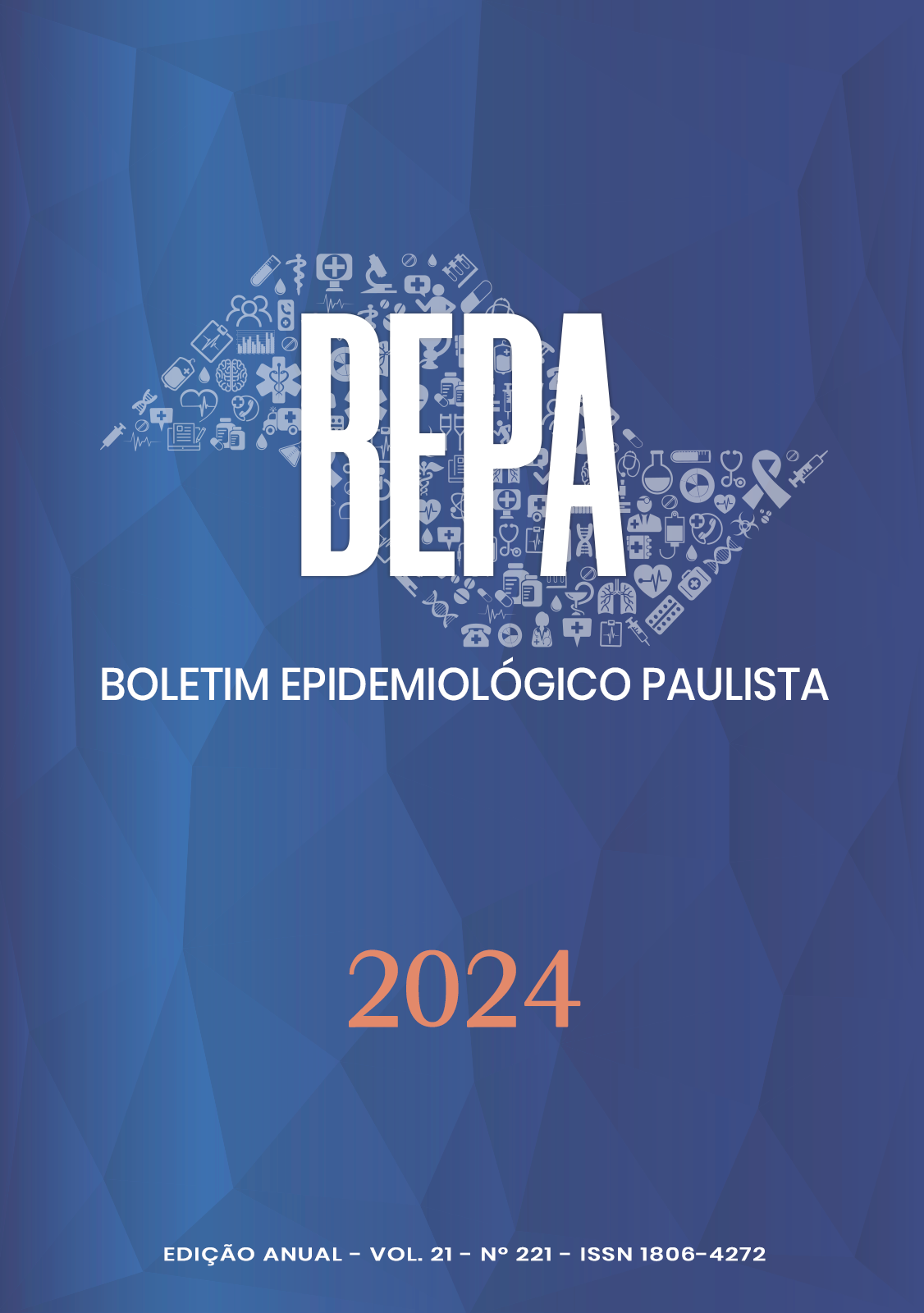Abstract
Introduction: The HIV/AIDS Best Practices Program, implemented in São Paulo State, aims to eliminate AIDS as a public health issue by 2030. Given disparities in service access and local challenges, the program seeks to enhance management and care practices across 169 municipalities with Specialized Care Services (SAE), promoting greater equity and efficiency in HIV/AIDS care. Objective: The main objective is to strengthen management and improve prevention, diagnosis, treatment, and care adherence practices in HIV/AIDS, ensuring alignment with UNAIDS global targets and the Sustainable Development Goals. Methods: The program was developed in two phases: administrative and operational. In the administrative phase, a structured questionnaire was applied, and training sessions were held, with the REDCap platform supporting real-time monitoring. In the operational phase, each municipality received an initial diagnosis, followed by customized improvement plans and continuous support, along with a quality certification system (Gold, Silver, and Bronze seals). Results: The program reached 94.6% of municipalities with SAE, generating substantial improvements. There was an increase in the number of municipalities certified with the Gold seal and a reduction in those classified as "in need of improvement." Significant enhancements were seen in management, epidemiological surveillance, prevention, diagnosis, and treatment adherence, showing a positive impact on reducing structural barriers and strengthening the care network. Conclusion: The HIV/AIDS Best Practices Program has proven to be an effective and replicable model capable of guiding public health policies in contexts with similar challenges. The results indicate that this approach contributes to more efficient management and sustainable public health practices, promoting more equitable and collaborative care.
References
1. Melo EA, Maksud I, McFarland W. Challenges and perspectives for improving access to HIV/AIDS treatment and care in Brazil. Braz J Infect Dis. 2020;24(1):5-10.
2. Pascom AR, Szwarcwald CL. Inequities in access to HIV diagnosis and treatment in Brazil. Public Health Rep. 2021;136(4):469-77.
3. Ministério da Saúde. Boletim Epidemiológico HIV/AIDS 2023. Brasília: Ministério da Saúde; 2023.
4. Fonseca MG, Bastos FI. HIV/AIDS policy in Brazil: Progress, challenges, and lessons for the future. Rev Bras Epidemiol. 2022;25:1.
5. World Health Organization. Consolidated HIV strategic information guidelines: driving impact through programme monitoring and management. Geneva: World Health Organization; 2020. Licence: CC BY-NC-SA 3.0 IGO.
6. UNAIDS. 90-90-90: An ambitious treatment target to help end the AIDS epidemic. Geneva: Joint United Nations Programme on HIV/AIDS; 2014. Disponível em: https://www.unaids.org/sites/default/files/media_asset/90-90-90_en.pdf. Acesso em: 05 dez. 2022.
7. UNAIDS. Understanding fast-track: accelerating action to end the AIDS epidemic by 2030. Geneva: Joint United Nations Programme on HIV/AIDS; 2015. Disponível em: https://www.unaids.org/sites/default/files/media_asset/201506_JC2743_Understanding_FastTrack_en.pdf.
8. UNAIDS. Global AIDS Update 2023: The Path that Ends AIDS. Geneva: UNAIDS; 2023.

This work is licensed under a Creative Commons Attribution 4.0 International License.
Copyright (c) 2024 Mariliza Henrique da Silva




